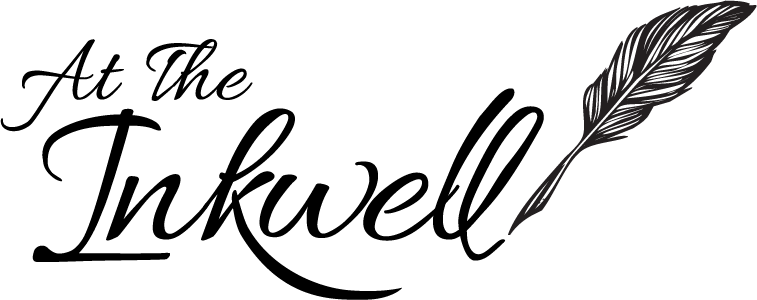The Infinite Doctrine of Water
The Infinite Doctrine of Water
by Michael T. Young, Terrapin Poetry, $16.00
If I had a very young poet in my life right now, I would gift them a copy of Michael T. Young’s The Infinite Doctrine of Water post haste. The poems in this, Young’s third book, take the reader on a guided tour of beauty, mystery and thoughtful meditations on a wide range of topics, from new pens to turpentine to Jersey City, a town that I have not seen visited in verse often. The width and breadth and depth of the book is staggering.
While the broad range of topics in the five sections (I spent some time puzzling over what the organizing principal is, as in what distinguishes each section, which I never really did pin down) are certainly gratifying to trip through, there is something tremendously satisfying about just reading a poet who cares about sound and craft. Young’s work is such, and this is a book in which the poet encodes the message and meaning of each poem inside a finely tuned instrument. Attention to nuances, internal rhyming and the sound landscape of each poem work to accentuate the message within. I found myself thinking, as I was reading this book over the last couple months, this is why we consider sound as an element in poetry.
I love a poet who writes a line like “Reeds on the far shore needled the shallows”
(from “Close Reading”) or “of groping through the afterthoughts, through odors/ of decline” (from the gobsmackingly beautiful poem “Learning to Read the Ice”). These sorts of occasional slant rhymes grant a poem a set of auditory wings to fly out on, and Young’s poems do just that, fly right out to the places you meet them. They are accessible and also sophisticated without being opaque.
These are the reasons I would give a young poet this book. To let them see language as a friend and confidant and ally, an auditory dancer really. Because of this, these are poems you go back to and re-read. I read the poem “Paperclip,” for example, in which Young manages to tie infinity to minutiae in the most artful fashion, many times.
I was reading the book again the other night and another thought struck me. There is very little meta in these poems, at a time in literary history where so much art is about itself. Here is a poet who looks unabashedly outward, at reservoirs, at bats, at the 7th prelude & fugue of Shostakavich even. And what a joy it is to peer through his telescope and microscope, and see what he sees and hear what he hears while also hearing the lyric way he recounts it.
“Fog fell like fabric from the top shelf/remainders of fleece and gabardine/fitted for the ground and buildings: the Jersey Journal’s façade and doors,” he writes in the poem “Tailor Made”. “I’m a day behind every day, trying to catch the sun’s tail, which is actually lunar, carved and marble, cold,” he writes in “Following the Clues”. Are you hooked yet?
Those poems will do that to you, they give the phrase “hooked on phonics” a whole new meaning. I am hooked here on the phonics, the patterns, the slow pace and the hues of these poems. I am hooked on Young himself and his poetry of praise and his sound sensibility.
Elizabeth Cohen teaches creative writing at SUNY Plattsburgh and through Gotham Writer’s Workshops in New York. She is the author of The Hypothetical Girl, a collection of short stories, The Family on Beartown Road and four books of poetry, including What the Trees Said. She lives in upstate New York with her daughter, Ava, and way too many cats.


